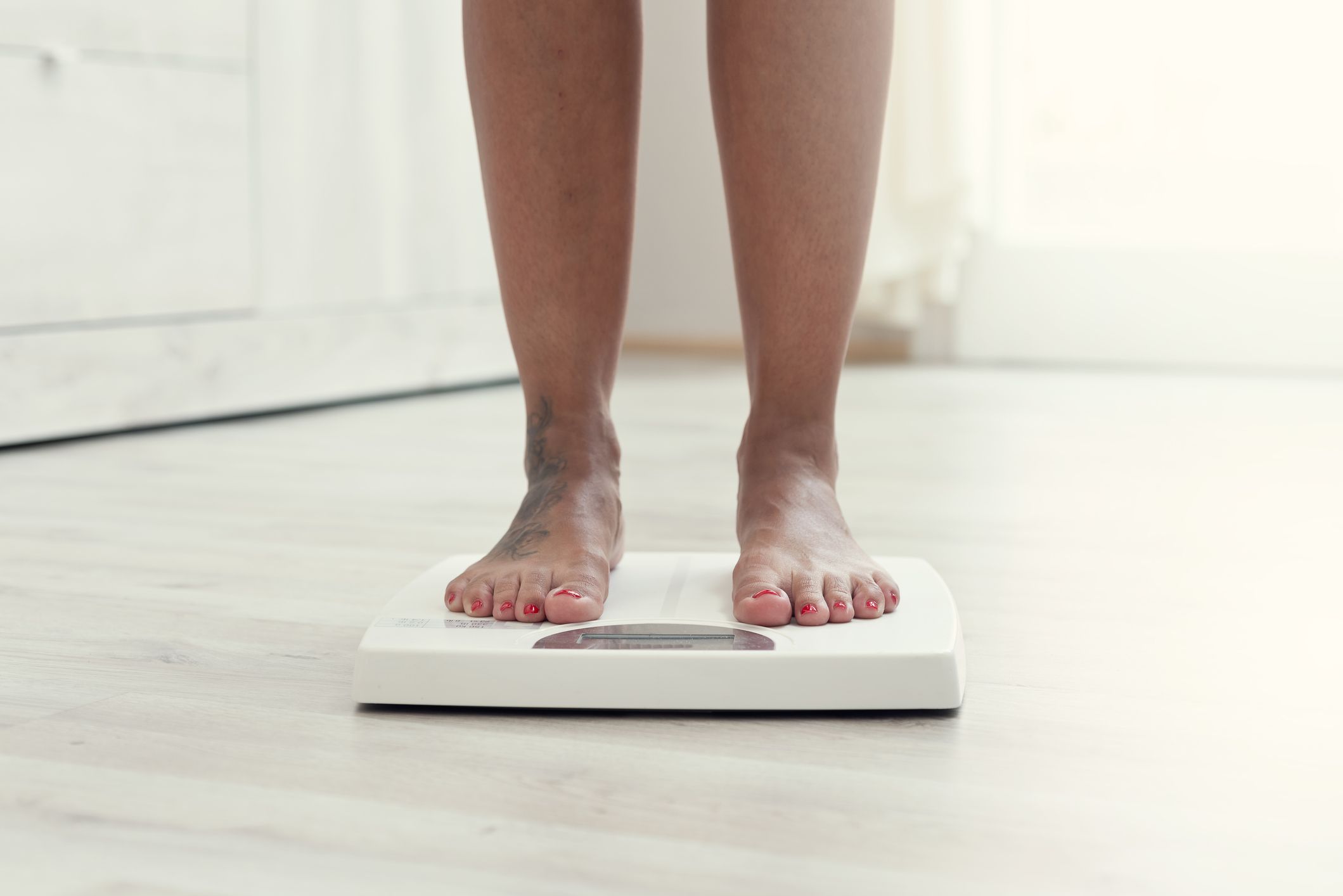How to Lose Weight – Top 18 Simple Weight Loss Tips – Diet


GM diet: Know all about the diet plan that promises weight loss in just seven days - Lifestyle News,The Indian Express
The Ultimate Guide To Medi-Weightloss: The Medical Weight Loss Provider

Regular small benefits, earned for meeting smaller sized objectives, are more reliable than larger benefits that need a long, difficult effort. "Self-monitoring" refers to observing and recording some aspect of your behavior, such as calorie consumption, portions of fruits and vegetables, amount of physical activity, etc., or a result of these behaviors, such as weight. Self-monitoring of a behavior can be used sometimes when you're uncertain how you're doing, and sometimes when you desire the behavior to enhance. Self-monitoring of a behavior normally moves you closer to the desired instructions and can produce "real-time" records for review by you and your healthcare company.
When the record shows that your activity is increasing, you'll be encouraged to keep it up. View Details find that specific self-monitoring kinds make it much easier, while others prefer to utilize their own recording system. While you may or might not wish to weigh yourself regularly while reducing weight, routine monitoring of your weight will be important to help you maintain your lower weight. When keeping a record of your weight, a graph might be more useful than a list of your weights. When weighing yourself and keeping a weight chart or table, nevertheless, bear in mind that one day's diet and exercise patterns won't have a measurable result on your weight the next day.

15 Easy Diet And Lifestyle Changes That May Do Wonders For Weight Loss - NDTV Food
Stimulus (hint) control involves learning what social or ecological cues appear to motivate undesirable eating, and then altering those cues. For example, you may gain from reflection or from self-monitoring records that you're most likely to eat way too much while viewing tv, or whenever deals with are on screen by the workplace coffee pot, or when around a specific good friend. You might then attempt to change the situation, such as by separating the association of eating from the hint (do not consume while watching television), avoiding or removing the cue (leave the coffee room right away after pouring coffee), or changing the circumstances surrounding the hint (strategy to fulfill your friend in a nonfood setting).
